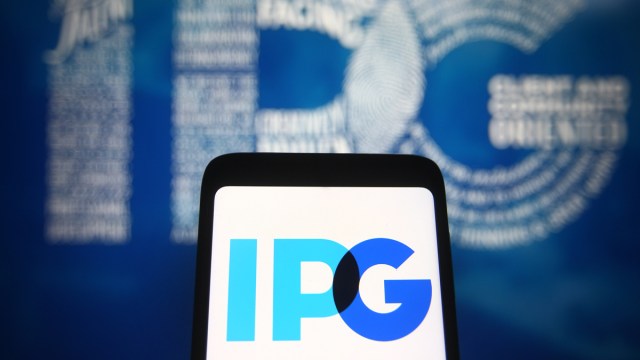The deal, on the surface, is “a play for more revenue streams,” according to Gil Bashe, a former WPP executive who’s now chair of global health and purpose at Finn Partners. “But it’s not addressing the elephant in the room: how tech might make their massive scale obsolete. Their real concern is AI’s potential to fast-track everything.”
Pharma’s unique lifecycle
While pharma marketers face many of the same battles as other sectors, their product lifecycles are unique, Beland said. New drugs are developed, approved, and labeled by the Federal Drug Administration, then launched with often aggressive (and short-lived) ad campaigns.
“They come out of the gate and run really hard until they lose their patent, and once they hit ‘loss of exclusivity’ they pull back and eventually stop active promotions,” Beland said. “There’s a really specific time window they’re operating against, and then the agencies move on to the next product.”
As a result, holding companies are “in a constant sprint to win big pharma’s favor,” Bashe said.
Because it’s a specialized field of communications, with stringent regulation, creatives with institutional knowledge and track records are “the lifeline to game-changing work,” Bashe said. A merger of Omnicom-IPG scale, with potential headcount cuts, could have a negative impact on the creative process and “might even drive away top talent,” he said.
“Will this potential 100,000-person behemoth spark the best ideas from our account and creative leaders? I’m skeptical,” Bashe said. “Even if the medical ad agencies aren’t merged immediately, staff will look over their shoulders, waiting for the other shoe to drop—it’s human nature—and it’s not exactly a recipe for groundbreaking work.”


